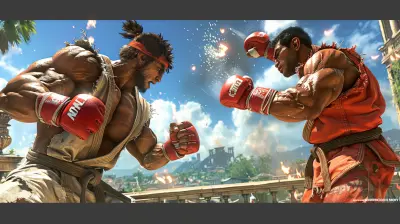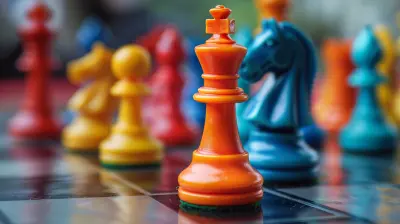Classical Composers and Their Influence on Video Game Music
24 July 2025
Ah, classical music. Just hearing that phrase might transport you to candlelit concert halls, powdered wigs, and orchestras tuning up in dramatic unison. But what if I told you that the spirit of Beethoven, Mozart, and Bach is very much alive in… your favorite video games? Yup, those epic boss fights, emotional cutscenes, and dramatic menu screens owe a massive THANK YOU to the old-school maestros who paved the way.
In this quirky deep dive, we’re going to unpack how classical composers have sneakily—almost like ninjas in tuxedos—infiltrated the world of video game music. Whether you're a die-hard gamer, a music nerd, or just someone who can't get the "Zelda" theme out of your head, you're in for a treat. 🎮🎼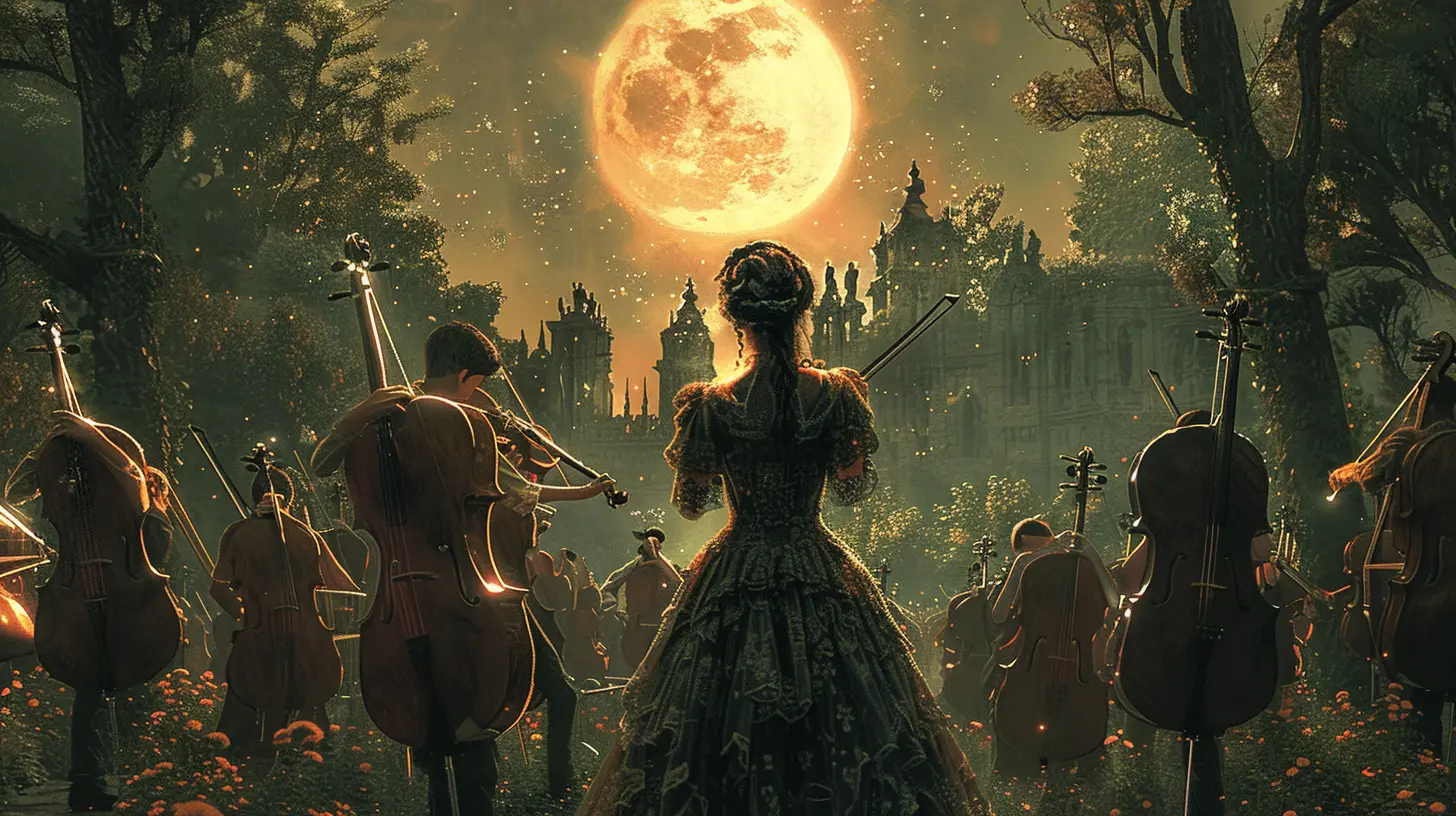
Gaming Meets Baroque – A Match Made in Nerd Heaven
Let’s start with this: why does classical music vibe so well with video games? It’s all about emotions, baby.Classical composers were basically the original emotion hackers. They knew how to make you feel joy, sorrow, suspense, triumph—all within a few notes. Sounds familiar? That’s because modern game composers do the exact same thing. Only now, instead of cellos and harpsichords, you’ve got synthesizers and maybe a rogue electric guitar.
Games are emotional journeys. You’re not just pressing buttons; you're experiencing stories. And nothing drives that experience like a killer soundtrack built on centuries-old musical traditions.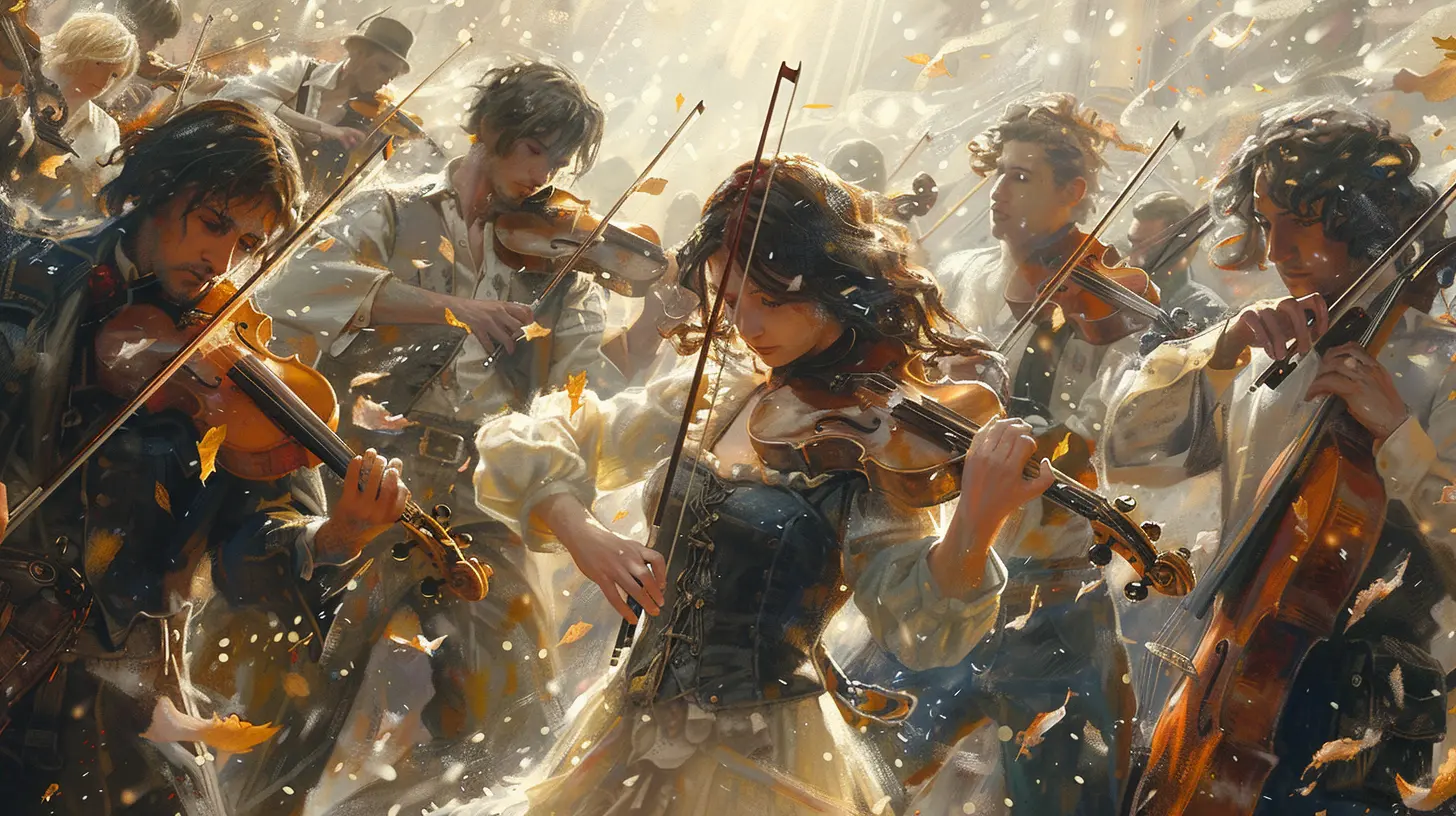
The OGs: Who Are These Classical Legends Anyway?
Before diving into how their stuff is all over your game library, let’s meet the main characters. These dudes walked so that our gaming soundtracks could run.- Johann Sebastian Bach – The grand architect of harmony. His contrapuntal magic is kind of like programming. Complex, logical, mind-blowing.
- Ludwig van Beethoven – The rockstar rebel. Dramatic, intense. You feel his music in your bones.
- Wolfgang Amadeus Mozart – The prodigy. Elegant, quirky, and emotionally dynamic. Basically the perfect sidekick to any RPG.
- Claude Debussy – The impressionist with feels. Dreamy textures and moods—you’ve heard his influence in every “peaceful village” theme.
- Richard Wagner – The king of epic. He invented the idea of musical motifs for characters. Kinda like character themes in “Final Fantasy.”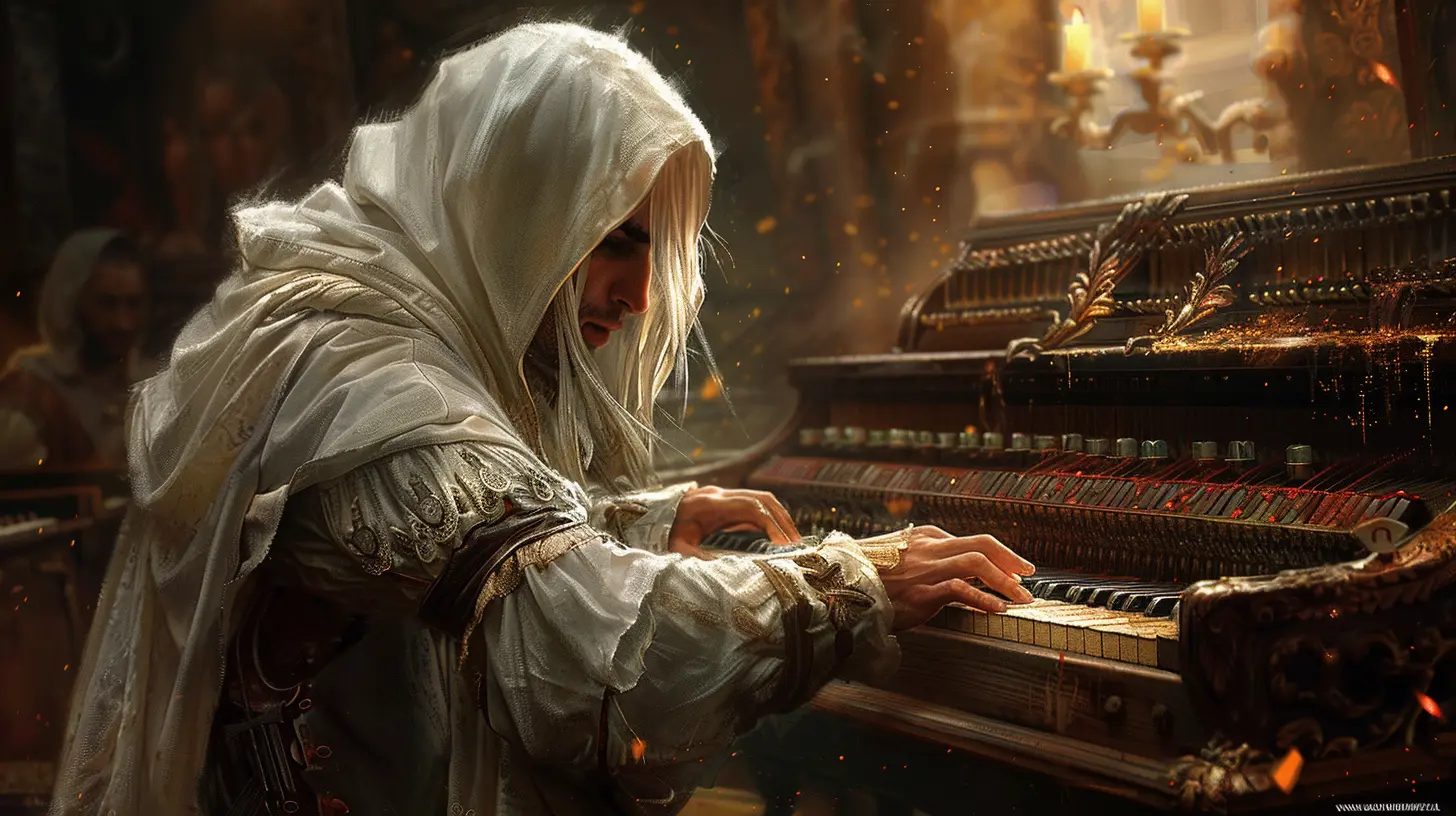
Have You Heard This Tune Before? (Spoiler: You Probably Have)
Still skeptical? Think game composers aren’t borrowing from the classics? Let’s look at some blatant (and brilliant) examples.🎮 The Legend of Zelda Series – A Symphony of Nostalgia
Koji Kondo, the mastermind behind some of gaming’s most iconic themes, paints with a brush dipped in classical hues. That overworld theme you hum while brushing your teeth? It’s got serious baroque vibes. The layered melodic structure? Straight outta Bach’s playbook.And the dungeon themes? So much suspense and tension—they’re practically begging for a pipe organ and a stormy night.
🎮 Final Fantasy – A Musical Masterclass
Nobuo Uematsu, AKA the Beethoven of Gaming. This guy singlehandedly made orchestral game music a "thing."Check out Final Fantasy VI’s opera scene. It's literally an opera. With arias, dramatic pauses, and vocal lines that would make Puccini proud. Uematsu blends classical and contemporary like a true musical alchemist.
🎮 Castlevania – Baroque and Roll, Baby
Richter Belmont casually whipping monsters to the sound of a harpsichord? Yes please.The Castlevania series is practically a shrine to classical music—with many tracks paying direct tribute to baroque and romantic-era composition. From Toccata-like organ lines to creepy-cool minuets, it’s like playing through a haunted concert hall.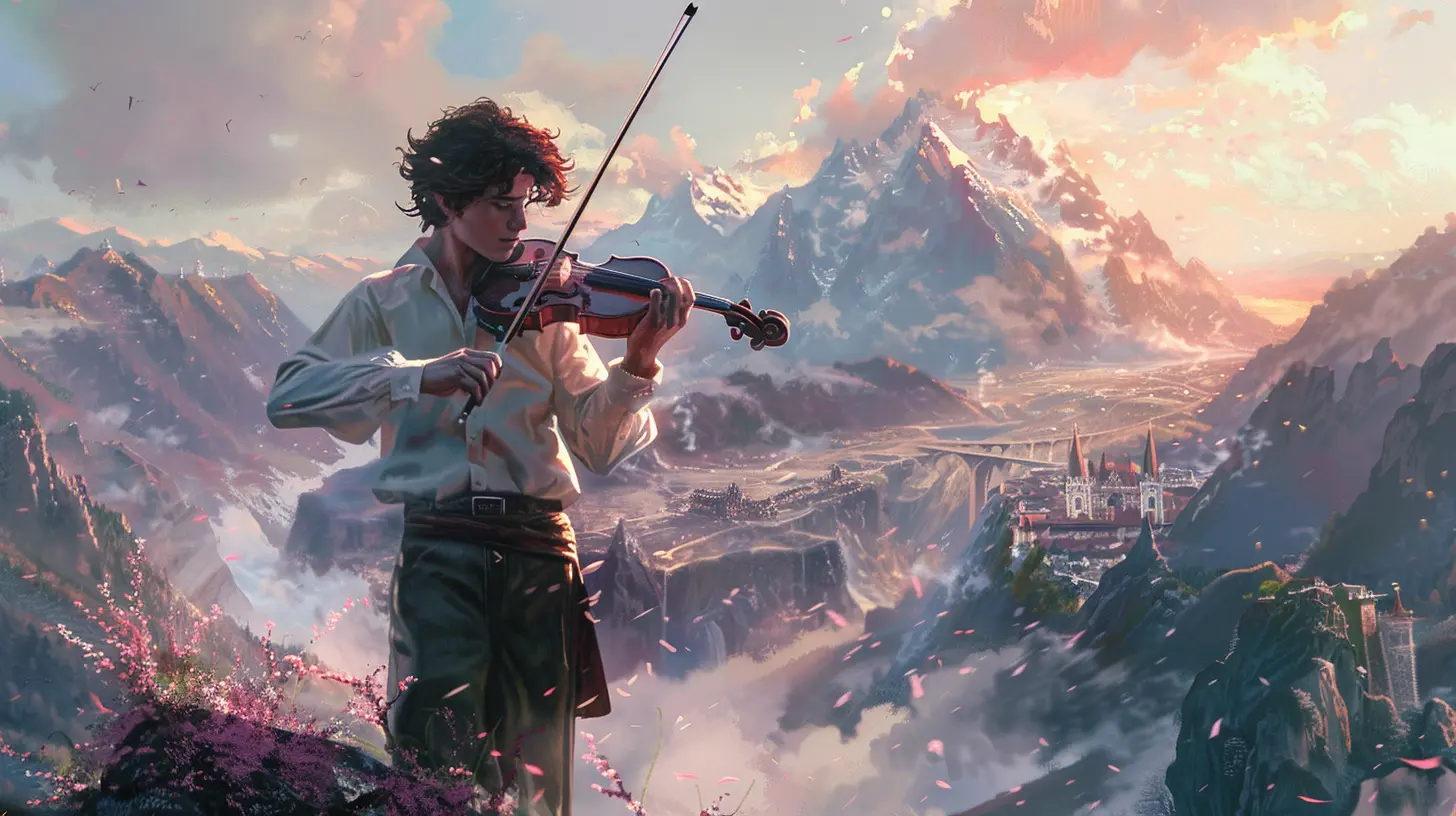
Video Game Composers: The New Age Maestros
Modern game composers are totally geeking out over classical music, and it shows. Let’s give some shoutouts.👑 Yoko Shimomura – The Mozart of JRPGs
She’s the talent behind “Kingdom Hearts,” and her melodies are like little emotional daggers. Simple yet profound. Shimomura’s style is heavily lyrical—a classical trait for sure.The track “Dearly Beloved”? It could easily be mistaken for a gentle piano prelude from the Romantic era. It's soft, expressive, and drenched in nostalgia.
👑 Austin Wintory – Debussy for the Digital Age
Remember “Journey”? Of course you do—the one with stunning visuals and an emotional trip through a sandy wasteland.Wintory’s score was the first video game soundtrack nominated for a Grammy. His use of strings, crescendos, and minimalism screams classical, especially the ambient, Debussy-like use of space and silence.
👑 Jeremy Soule – Wagner, But Make It Skyrim
Soule’s work on “Skyrim” is legendary. The theme “Dragonborn” is pure testosterone-meets-men’s-choir realness, but dig deeper, and you’ll find subtle classical motifs. The whole soundtrack breathes like a Wagnerian opera—majestic, brooding, and totally immersive.Classical Techniques Still Rocking the Console
Okay, so how exactly do these classical influences sneak into video game music? Let’s break down a few techniques that game composers have straight-up borrowed (shamelessly, and we love them for it).🎵 Leitmotif – The Musical Name Tag
Wagner used this a LOT. It’s where each character or idea gets a unique musical cue.In games? Think of Sephiroth and “One-Winged Angel”, or Mario and that familiar jingle every time he nabs a power-up. It’s about branding, but in music form.
🎵 Counterpoint – Musical Layer Cake
Bach was the master of layering melodies. Game composers, especially in strategy games like “Fire Emblem” or complex RPGs, use this to create rich, dynamic textures that keep you emotionally engaged even while grinding through battles.🎵 Orchestration – Big Sounds, Big Feels
From full orchestras to simulated strings, orchestration is a classical technique that adds drama. Wanna make a boss feel terrifying? Throw in a blaring brass section. Want to make players cry? Swirl in some weepy violins. It’s musical psychology.Why It All Works: The Emotional Blueprint
Here’s the deal—classical music is wired into our emotional DNA. It taps into tension, release, surprise, and resolution in ways modern pop just doesn’t.And in video games, where we’re actively controlling the story, music becomes part of that feedback loop. We don’t just hear the music—we feel it. It moves with us. Which means classical influences make that connection even stronger.
It’s like seasoning a dish. Classical music is the secret ingredient you don’t always notice, but if it’s missing? Yeah, the flavor just falls flat.
Funny Thought: What If Mozart Played Halo?
Imagine Mozart, sitting with an Xbox controller, absolutely dominating in “Halo” while nodding along to a sweeping orchestral score he subconsciously influenced. “Ah yes,” he might say, “excellent use of diminished chords during combat mode.”It’s a wild thought, but honestly? Not too far-fetched. If these composers were alive today, they’d probably be scoring video games or developing one. The creativity, the drama, the challenge—it’s totally their jam.
You Don’t Have to Be a Music Geek—But It Helps
Even if you’ve never touched a treble clef in your life, you can still feel the magic. The next time you boot up a game and get chills from a cutscene or pause just to listen to the background track (we ALL do it), know that somewhere in that music, a classical composer is smiling.Maybe it’s the clever harmony. Maybe it’s a sneaky orchestration trick. Maybe it’s just the spirit of Beethoven whispering, “Nice use of minor sixths.”
Either way, classical music is baked into video games like chocolate chips in a cookie. And honestly? We wouldn’t want it any other way.
Final Thought: The Controller is Mightier with a Soundtrack
So, what’s the takeaway here, aside from realizing your favorite game is basically a secret music appreciation course?It’s this: classical composers aren’t just history book figures—they’re timeless artisans whose influence still rocks our digital worlds. Whether it's a sweeping orchestral score or a chiptune melody that quietly echoes a centuries-old motif, their fingerprints are all over the games we love.
So the next time you press "Start," remember—you’re stepping into a world shaped by centuries of musical mastery. And that’s pretty darn epic.
all images in this post were generated using AI tools
Category:
Original SoundtracksAuthor:

Audrey McGhee
Discussion
rate this article
2 comments
Easton McFee
Fascinating connection! How do classical themes enhance modern gaming experiences?
October 20, 2025 at 3:06 PM

Audrey McGhee
Classical themes enrich modern gaming by adding emotional depth, complexity, and cultural resonance, creating immersive soundscapes that enhance storytelling and player engagement.
Charlie Franklin
This article brilliantly highlights the profound impact classical composers have had on video game music, illustrating how their timeless melodies and innovative structures enrich modern soundscapes. By bridging the gap between centuries, these influences not only enhance storytelling but also elevate the emotional experience for players.
July 31, 2025 at 4:06 AM

Audrey McGhee
Thank you for your insightful comment! I’m glad you found the connections between classical music and video game scores compelling. It’s fascinating to see how these timeless influences continue to shape our gaming experiences.
